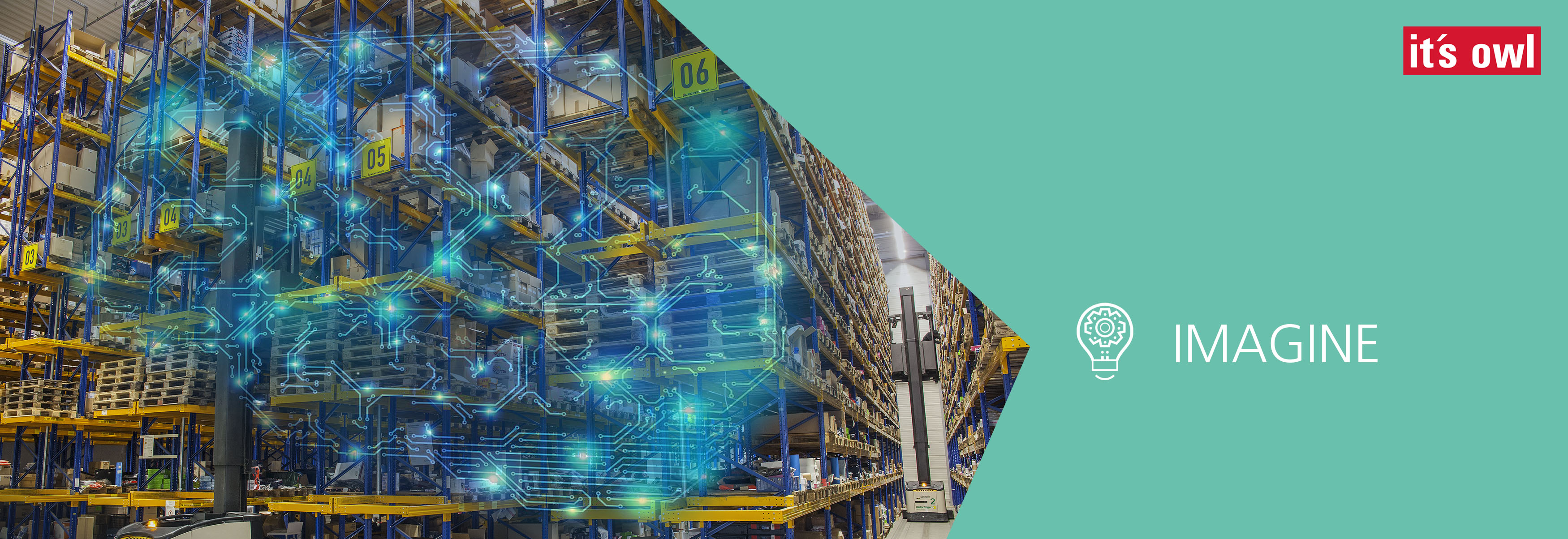Challenge
In intralogistics, manufacturing companies are confronted with increasingly volatile sales and procurement markets: The ability to respond to dynamic changes in general conditions and customer requirements is becoming a competitive advantage. In order to master the associated challenges, current developments in the field of 'artificial intelligence' promise novel approaches to solutions. The aim of the project is to use appropriate approaches to achieve significant improvements in the fulfillment of the core services of intralogistics: Processes in warehousing, transport and order processing are to be optimized by at least 10 to 15 percent.To this end, methods and tools are being developed with which companies can analyze and optimize their internal logistics. On this basis, pilot projects will be implemented in companies for the production of household appliances, separators and pumps for buildings. The aim of the project is to develop a set of tools for designing AI-supported intralogistics for manufacturing companies. On the one hand, methods and tools are to be developed that support the analysis of AI potentials in intralogistics, the definition of goals and the implementation of AI applications. On the other hand, concrete AI applications are to be implemented in the form of pilot projects in the application companies. In this context, the activities for the development of methods and the implementation of AI applications are closely interlinked. The central value proposition of the tools to be developed is significant improvements in the fulfillment of the core services of intralogistics (warehousing, transport, order processing) of at least 10-15%.
Solution approach
- Scientific requirements analyses: Here, researchers examine the state of the art and elicit the available machine learning methods. In particular, the question of the extent to which these must be configured and rewritten for the respective use cases is of interest here.
- Data and IT architecture: An important part of the project - as in almost all AI-related research projects - is the preparation and homogenization of the data sets. This "homework" is necessary to ensure availability and compatibility in the first place.
- AI Library: In the course of the project, the tested and processed procedures are to be compiled in a collection. This "AI library" is intended to bundle the tested, tried-and-tested procedures and make them available even after the project has been completed, so that they could also be further developed and applied in other companies and across industries in the future.
- Empowerment: This phase of the project aims to raise awareness and educate employees of the companies on the use of AI.
 Industrial Automation branch INA
Industrial Automation branch INA 